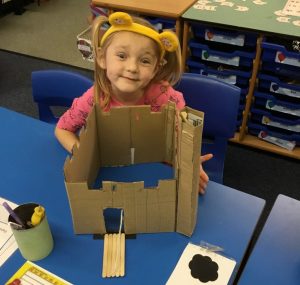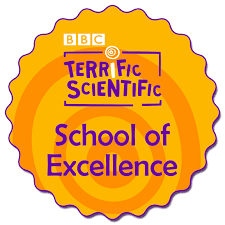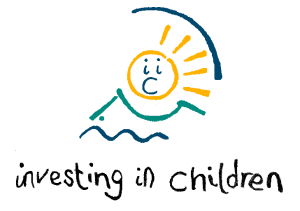Intent
- To ensure children learn and remember knowledge and skills relating to design and technology.
- To allow children build on prior knowledge through a carefully sequenced and progressive curriculum.
- For all children to receive inspiring, rigorous and practical lessons.
- For all pupils to show creativity and imagination in their designs.
- For designs to be relevant and solve real problems within different subjects linked to history, geography and science topics each term.
- For all children to acquire a broad range of subject knowledge, drawing on STEAM subjects to compliment DT.
- For all children to learn to take risks, becoming resourceful capable citizens.
- For all children to develop a critical understanding of the impact of DT on their world and others.
Implementation
-
- Staff will use research around cognitive science to help children learn and remember more.
- Staff will check understanding through spaced retrieval exercises.
- Weekly lessons during the second half of each term.
- A progression of knowledge, skills and objectives built upon to ensure children will develop as citizens which can contribute to the well-being of the nation.
- Long term plan followed to ensure coverage of units of work, followed in line with the guidelines set out in the NC.
- Linking STEAM subjects so that children learn the real world applications of their learning.
- Use STEAM themed class books across the school classes to promote discussion.
- Lessons to be taught through a range of engaging and practical sessions which include the processes of design, make, evaluate and research.
- Children to be taught about technical knowledge which they will evaluate and make suggestions about its success.
- Whole school DT activities such as Farmvention, linking all STEAM subjects.
- Invite parents into school to share what the children have been learning during whole school DT events.
- Visits which inspire future careers in DT, providing practical hands on experiences with local employers.
- Outreach visitors to work with children across all year groups.
Impact
- Children will develop the creative, technical and practical expertise needed to perform everyday tasks confidently and to participate successfully in an increasingly technological world
- Children build and apply a repertoire of knowledge, understanding and skills in order to design and make high-quality prototypes and products for a wide range of users
- Children can critique, evaluate and test their ideas and products and the work of others
- Children can understand and apply the principles of nutrition and learn how to cook















